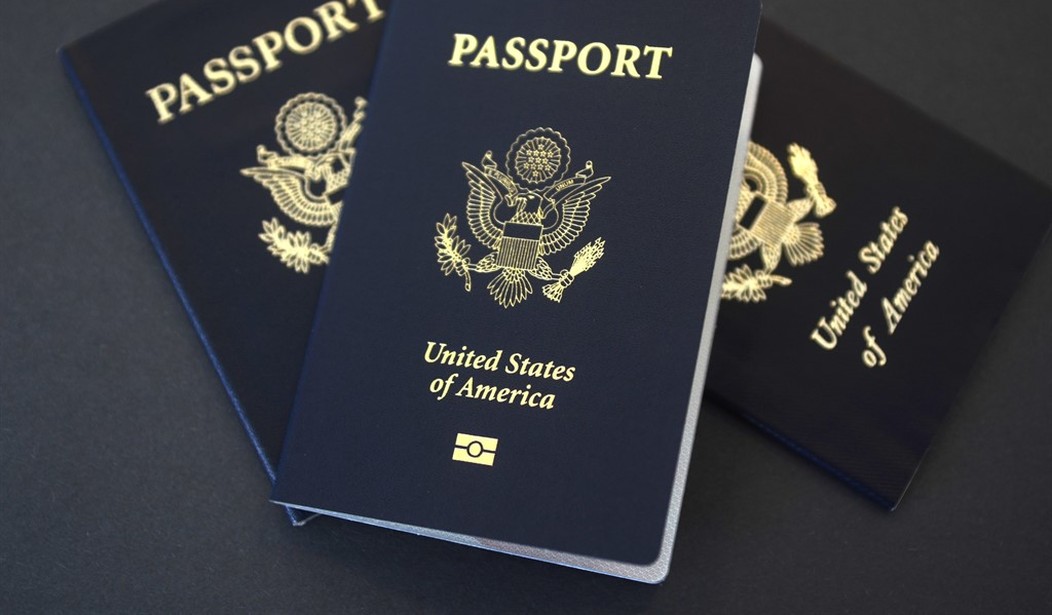The Supreme Court has ruled that the Trump administration may enforce a rule which requires that passports list gender as the person's biological sex rather than allowing them to self identity however they want.
The Supreme Court on Thursday allowed the Trump administration to require the sex designation on US passports to align with a traveler’s biological sex, a blow to transgender and nonbinary Americans who have argued the policy is unconstitutional.
“Displaying passport holders’ sex at birth no more offends equal protection principles than displaying their country of birth – in both cases, the government is merely attesting to a historical fact without subjecting anyone to differential treatment,” the court said in an unsigned order.
The order wasn't signed but all three of the liberal justices dissented. Plus we got another outraged screed about equity from Justice Jackson.
Justice Ketanji Brown Jackson, named to the court by former President Joe Biden, penned another scathing dissent, joined by the court’s other two liberals.
“Such senseless sidestepping of the obvious equitable outcome has become an unfortunate pattern,” Jackson wrote.
“So, too, has my own refusal to look the other way when basic principles are selectively discarded,” she said. “This court has once again paved the way for the immediate infliction of injury without adequate (or, really, any) justification.”
You wouldn't know it from reading Justice Jackson's outraged dissent but the current policy allowing self ID on passports has only been in place for four years.
Sex markers began appearing on passports in the mid-1970s and the federal government started allowing them to be changed with medical documentation in the early 1990s, the plaintiffs said in court documents. A 2021 change under President Joe Biden, a Democrat, removed documentation requirements and allowed nonbinary people to choose an X gender marker after years of litigation.
Today's decision overturns a lower-court's decision that had blocked the Trump administration from requiring passport to list someone's sex rather than their gender identity. However, today's decision isn't final. It only allows the policy to be enforced while the underlying case makes its way through court.
Ashton Orr, a transgender man from West Virginia, is the named plaintiff in the case. He applied for a passport with a male sex marker in January and, in February, was told by the State Department that he could have only a female sex marker.
A federal judge in Massachusetts ruled against the administration, saying people should be able to choose their own markers or "X" as an alternative. The Boston-based 1st U.S. Circuit Court of Appeals declined to put the ruling on hold while litigation continued.
The new Trump policy is “eminently lawful,” Solicitor General D. John Sauer said in court papers. “The Constitution does not prohibit the government from defining sex in terms of an individual’s biological classification," he argued.
This year, the court has taken on two major cases involving trans rights. Decisions in those two cases are expected next summer.
The justices are weighing two major cases this term that deal with gay and transgender issues. In one, they will rule on the constitutionality of state bans on transgender people playing on girls’ and women’s sports teams in schools and universities.
In the other, the court will decide whether Colorado violated the free-speech rights of a Christian therapist by banning conversion therapy for minors, which aims to change the sexual or gender identity of gay and transgender young people.
Ed wrote about those cases here when the court agreed to take them. And I have a follow up here about one of the plaintiffs who attempted to back out of the case, apparently to avoid having his name on an adverse ruling that could shut down male trans athletes competing with girls nationwide.








